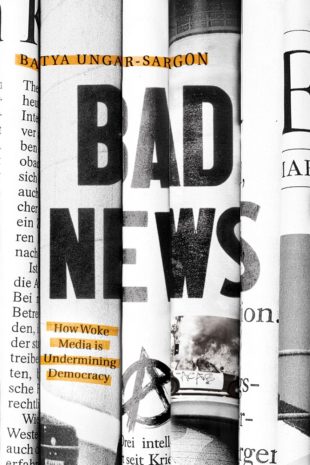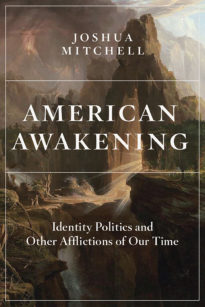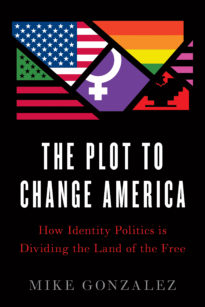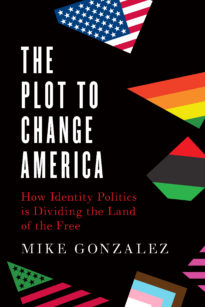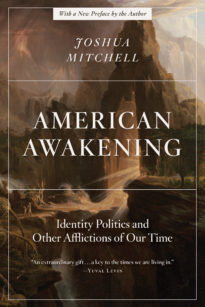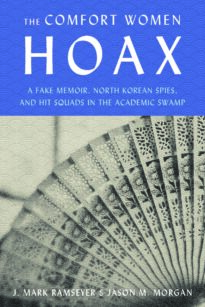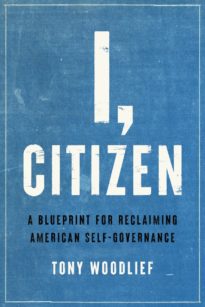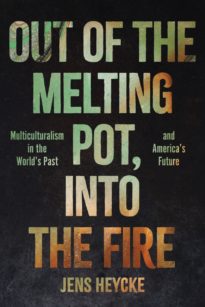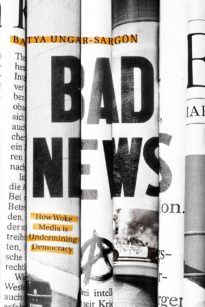I started to write Bad News when the world was locked down. Before then I had been working on a different book altogether, a book about how Americans are a lot less polarized than the elites who make their money off of partisan rhetoric would like us to believe. On the most important issues—the values on which this great nation was founded but which it had until very recently failed to live up to—Americans were finally more united than divided. I had been doing a lot of reporting from the South during the Trump years, and what I’d found amazed me. I thought this story deserved to be told—needed to be told. But as I worked through this material throughout 2019, I failed to get any traction with it. Editors across the board rejected the idea as too far-fetched, or they gave me the formulaic rejection notice: “I just don’t see a market for this.” I had uncovered a new gospel about America, good news in a sea of apocalyptic predictions of doom. The typical headline at the time went something like, “We haven’t been this polarized since the Civil War, sociologist says!” But no one seemed to think this accurate, hopeful story about our nation deserved to be told.
Despairing, I asked a friend to introduce me to an editor who was known for publishing subversive books. We met over drinks and pierogi in the East Village, my last social engagement before the world shut down in March of 2020 “for two weeks, to slow the spread.” She did not buy my book, but she gave me some sage advice for which I will be forever grateful. “If we’re not really polarized, why do I think we are?” She asked me. “Maybe you should write that book.”
So that’s what I set out to do. I couldn’t tell the story of the good news I had uncovered, so I decided to tell the story of the bad news that everyone believed to be true. That really is the larger question behind Bad News: Why is our media pushing the narrative that Americans have never been so racist, when all the evidence points to the opposite conclusion? How did a market develop for extremist views on race and gender such that not only were some of our liberal media outlets now totally immersed in an academic, woke worldview, but all of our liberal media outlets were? How did a niche view on race and gender that maybe 5 percent of Americans hold manage to colonize the media catering to half the nation? Why did the tastemakers and storytellers and influencers of our commentariat class turn against Dr. King’s vision? Why were they pushing a moral panic around race at a time when the view of middle America was finally aligned with Dr. King’s sacred mission?
To answer this question, I started delving into the history of journalism. I knew from my own experience in the field that many of America’s journalists are educated at elite institutions and come from upper middle-class or even wealthy backgrounds, and many are funded in part or wholly by well-off parents. I knew that the jobs paid poorly in the beginning and well at the end, meaning that many journalists were being subsidized by affluent family members to live in New York City or Washington, D.C., at the beginning stages of their careers, while at the later stages, journalists who survived the ever-tightening job market lived in tony neighborhoods with astronomical rents and mortgages.
I knew also from my own experiences with the online mob that the more elite the journalistic outlet, the more likely it was to be pushing the new anti-racist narrative: that wanting to live in a colorblind society was racist; that wanting to hear the views of your fellow Americans that you disagreed with was fascism; that believing more unites us than divides us was a cancelable offense; and that those daring to intimate the opposite deserved to be chased out of public life.
The elitism of wokeness, and the voices that this elitism silenced, became unignorable to me.
We are now well versed with how the mainstream leftist media and social media companies have colluded to silence conservative influencers and thinkers and journalists. But they have done the same on a mass scale to the working class. Instead of giving the working class a voice, media elites began to express their contempt for workers—of all races, on both sides of the political aisle—with hopeless abandon.
America’s class divide had impressed itself upon me throughout the latter half of the Trump years in more ways than one. I had started out like all the other over-educated liberal journalists, deeply afflicted by Trump Derangement Syndrome. For over a year, I didn’t step foot in my favorite local bar because everyone I knew there had voted for Trump. I wholly bought in to the “basket of deplorables” narrative that lambasted the former President’s voters, to a person, as sexist and racist.
It took a long time—at least a year, if not more—for me to start questioning that narrative. But by the time Trump started ticking off items on democratic socialist Bernie Sanders’s economic wish list—get rid of NAFTA, enforce the border, start a trade war with China, impose tariffs—it was impossible not to see what was going on. Americans living in industrial communities that had been devastated by NAFTA and globalization—those most likely to have lost friends and family members, men in the prime of their lives, to overdose deaths—had seen in Trump a tribune: a man as reviled by the elites as they were, a man who talked about jobs endlessly, who hated NAFTA and NATO as much as they did. The same voters who were endlessly asked by leftist elites why they bucked their economic interests by voting Republican had in fact voted in their economic interests—and the Left called them racist for it. I called them racist for it.
